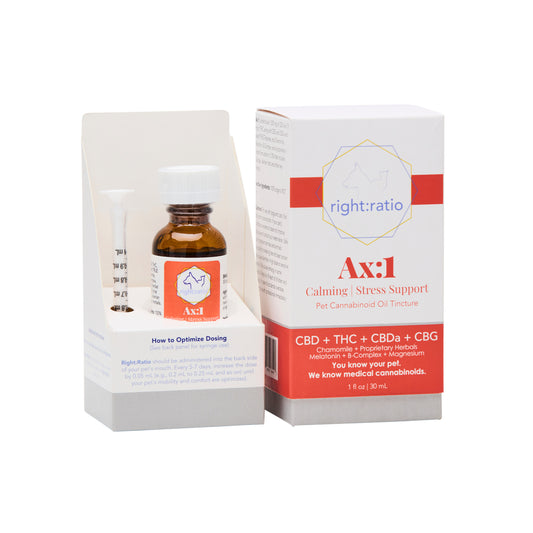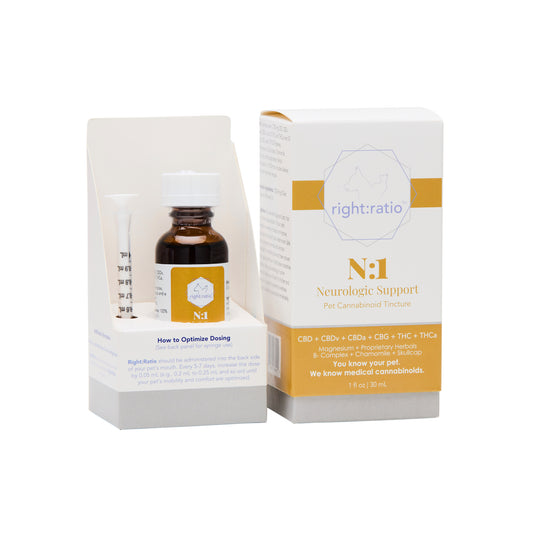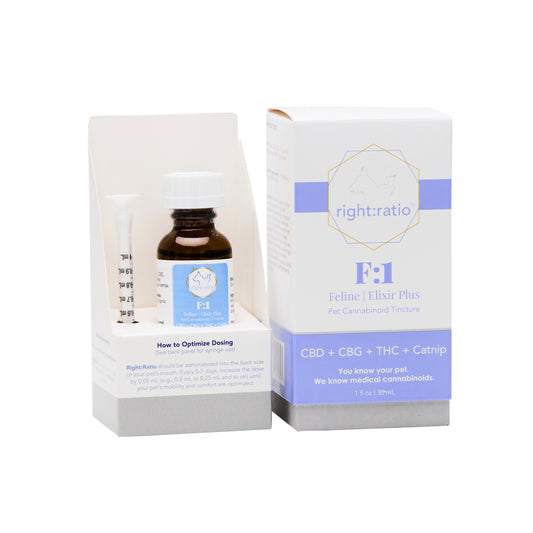
Lavender Works to Calm Dogs, but Not Cats!
Charles LozowShare
Both dogs and cats rely on olfactory signals, their sense of smell, to calm anxiety which is why researchers and pet owners test aromatherapy, scented objects, and foods to see if they can keep their furry friends calm.
This is especially important for both cats and dogs as research has shown 72.5% of dogs and roughly 13.5% of domestic cats display some form of anxiety symptoms. This is where lavender comes in.
Lavender has been studied on humans, rodents, dogs, and cats, and in many ways from oral supplements to massage oils, and aromatherapy. In many cases there have been positive effects including on humans, dogs, and rodents, but lavender is considered toxic to cats.
This is why people plant lavender in their gardens when they want to keep stray cats out. It is instinctive for cats to avoid things that will cause themselves harm, but this doesn’t always apply, and some cats actually enjoy the smell of lavender just like they are attracted to silver vine and cat nip. And that’s where it gets interesting.
Shelter dogs have shown a decrease in symptoms from disorders like anxiety when exposed to lavender, and also to chamomile, but at a lesser rate. This is compared to other scents like peppermint and rosemary which were used in the study. If you notice three of these four are also consumed by humans in tea for comfort. It’s no wonder that man’s best friend may also feel comfort from two of the four.
And other studies showed that lavender had a calming effect compared to other stimuli for shelter dogs including this one where they watched behaviors like panting, laying down, and stimuli like music. But as we said, cats are a completely different ball game when it comes to lavender.
When something is toxic it would make sense that our bodies would warn us to stay away. Oddly enough the ASPCA says it is toxic to both cats and dogs, but this applies to lavender being ingested in heavy amounts for both animals, so please talk to your vet before using lavender as a solution, and only purchase lavender sprays and oils when they come from a licensed medical facility. And this study from the NIH tested lavender and the olfactory effects on cats.
In their test they used objects with the scent of lavender to monitor behaviors and compared it with prey scents like rabbits, rats, and attracting scents like catnip. The rabbit and catnip scents cause the cats to be less active and spend more time sleeping, which is a sign they’re at rest and calm.
The scent of prey like rats caused them to rub against the objects, likely because they were interested since a rodent could mean food and entertainment. But as you saw in the study published by Science Direct above, lavender had no visible positive effects on anxiety or stress in cats.
Even though dogs and cats are great companions and part of your family, both species have unique needs when it comes to calming anxiety and stress. Lavender may work well on your pupper, but when it comes to your kitten, it may be best to stick with silvervine or catnip.
They may both love you equally, but different species have different biological triggers, and the same goes for each having their own unique personalities. If you found this guide to lavender and pets interesting, join our newsletter below for more content just like it.






